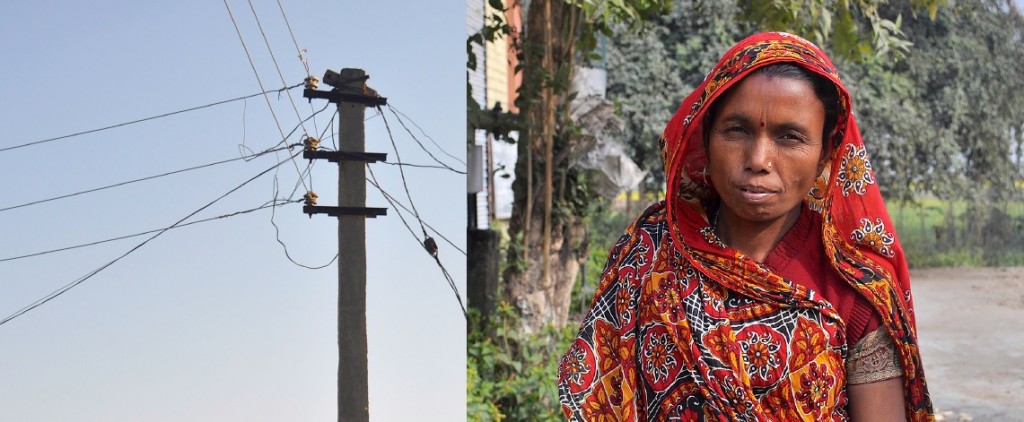
The study from a United Nations report on microgrids authored by scholars from Carnegie Mellon’s Department of Engineering & Public Policy and UC Berkeley’s Energy & Resources Group (ERG) has been featured in Nature. The article refers to Professor Dan Kammen, stating, “Kammen says governments and companies should agree on some basic industry standards for regulation and finance, so that investment in microgrids — the only solution for some areas — expands rather than being undermined.”
The report is part of UN Secretary-General Ban Ki-moon’s call for businesses, governments, and civil society to achieve Sustainable Energy for All by 2030. The report highlights that microgrids are “the most dynamic aspect of the global energy system over the past several years.” The authors contrast “vicious cycles” with “virtuous cycles” of microgrid deployment and maintainence in rural areas. They conclude, claiming, “Adequate policy design helps microgrids to follow virtuous cycles by guaranteeing access to sustainable revenue streams through: a mix of proper tariff regulation, ongoing subsidies, facilitating access to private capital and supporting grid-injection from microgrid generation once the central grid arrives.”
The authors of the report are Daniel Schnitzer (PhD Carnegie Mellon), Deepa Shinde Lounsbury (ERG MA’13), Juan Pablo Carvallo (ERG PhD), Ranjit Deshmukh (ERG PhD), Professor Jay Apt (Carnegie Mellon), and Professor Daniel M. Kammen.